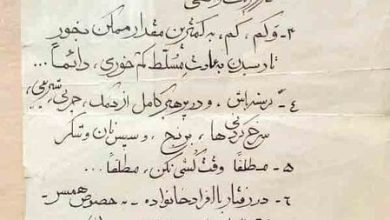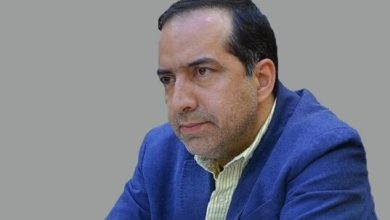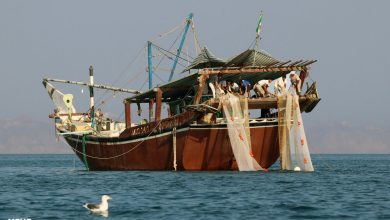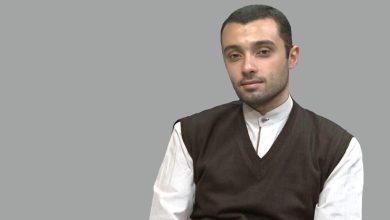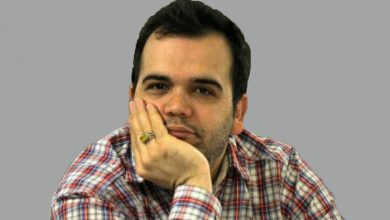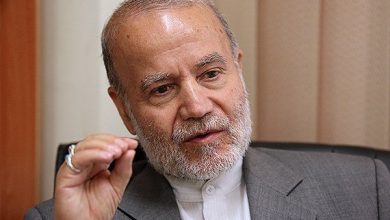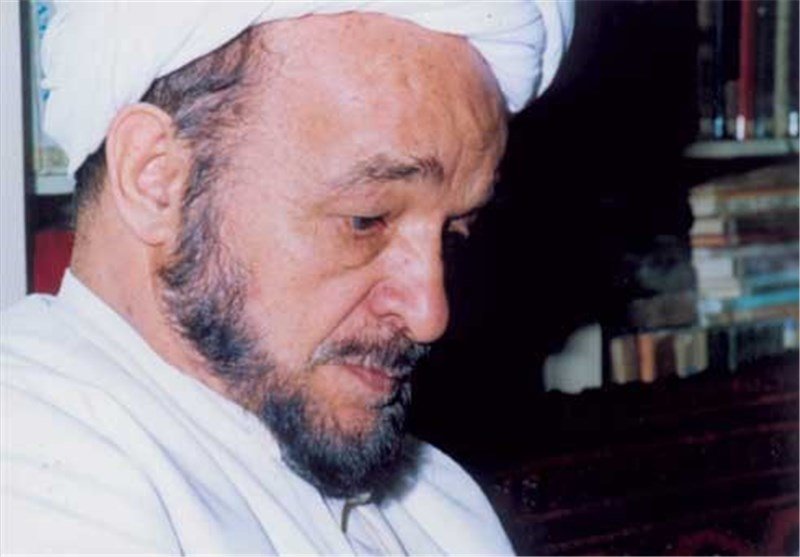
The fact is that in the absence of omniscient sages such as Sadr al-Mallahi, who had all the practical and acquired knowledge, in the new Iranian society in the last hundred years there were people whom the people did not call “sages”, “mullahs”. or “tag”. Allama Muhammad Taqi Jafari is one of the scholars who can be considered one of the survivors of Iranian wisdom in the new era of Iranian history.
According to the informants, in the informant’s note written by Hamid Zarei, it was stated: “The unique past, the beautiful images in the imagination of the conservatives, though a dream, can be found in the land of Iranshahr and the wisdom of Iranshahr, it is worth pursuing and dreaming. Once upon a time, Iran was the land of thousands of The wise The sages listen to the words of passers-by and solve puzzles like Pir Moghan, the problem solver, who walks in the coolness of cities and city streets filled with wide shades of tall trees behind the small walls of Iranian gardens. The cities were beautiful and there were many places of worship. The people of the city are nature-friendly They respect soil and water.
Whether we accept the existence of these ideal cities in the period when tradition was the circle of existence or value them as a traditional phenomenon, one fact cannot be ignored. These notions of traditional cities centered on sages have become a picture frame that provides the skyline of today’s real cities. A special work on Iranian philosophy and fiction in Islam has the same meaning. In other words, the Iranian imaginary world (the world of Platonic ideals) is an ideal that must be reflected in the rational and real world in order to achieve happiness.
If we continue on this conservative premise, since the loss of the concentration of the sages in the Platonic cities, the work of Iran has begun to decline, as a result of which the fountain of wisdom that flowed in Iranian gardens has dried up. The trees lost their cool shade without leaves. The people of the city did not need the consent of the sages to solve the mystery, the problems were not solved and the environment was finally destroyed.
Despite this longing and this tragedy, it must be fair that there is an important moment in the history of Iran’s decline and the detachment of Iranians’ information. While the Safavids were the last powerful Iranian dynasty, Sadr al-Din Shirazi was at the same time the last great representative of Iranian philosophical wisdom. If we accept all these statements, during the past four centuries, the land of Iran has not only become a symbolic expression of the flourishing ancient cities of urban Iran, but also the sages associated with the development of ancient cities have lost their color. He studied the common people and their Platonic works identified by a mystical detachment. But with the modernization of Iranian cities in the past 100 years, has luxury and the platonic spirit of Iran disappeared forever? Aren’t wise men born with a passion for truth in Iranian homes?
The fact is that in the absence of omniscient sages such as Sadr al-Mallahi, who had all the practical and acquired knowledge, in the new Iranian society in the last hundred years there were people whom the people did not call “sages”, “mullahs”. or “tag”. Allama Muhammad Taqi Jafari is one of the scholars who can be considered one of the survivors of Iranian wisdom in the new era of Iranian history. This noble man was a scholar and a scholar. He knew philosophy and mysticism. Whitehead criticized and spoke with Bertrand Russell. He knew the great wisdom and knew its inner weakness. He understood the original words of Kant and Heidegger and the original words of Rumi. Al-Ghor knew the Qur’an, mysticism, and the proofs and was surrounded by diverse knowledge.
But can Allama Jafari play the role that Sadr al-Din al-Shirazi played in the Safavid era and later in the new Iranian society? The negative answer to this question may seem obvious, but the answer to this question is not easy: can Muhammad Taqi Jafari be considered the sage of the new age of Iranian history? If the presence of the sages does not prevent assembly as new historical requirements emerge, what role can the scholar play in today’s privileged and isolated society?
It seems that we must wait for another journey into history to break the new discipline of history to determine the place and time of yesterday’s sages and today’s scholars. Until then, we see the sages in the beautiful framework of traditionalism and in the world of Iranian imagination.
end of message /


